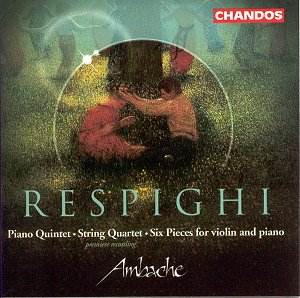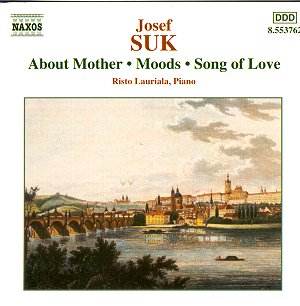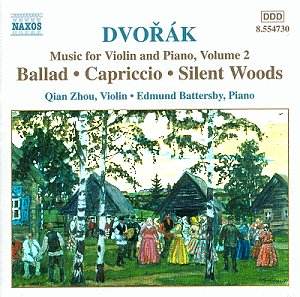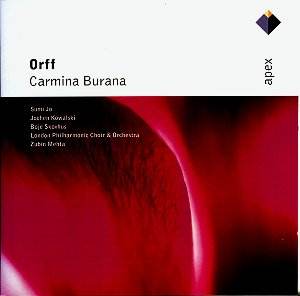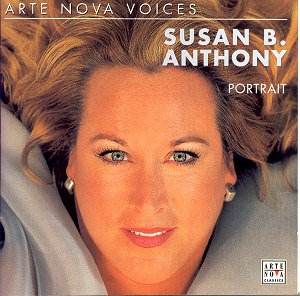 Composer: Susan B. Anthony
Composer: Susan B. Anthony
Works: Chausson – Le Roi Arthus: Ah, Trahie! Abandonnée; Menotti – The Consul: To this we’ve come; The Old Maid and the Thief: What a curse for a woman is a timid man; Wagner – Lohengrin: Einsam in trüben Tagen; Tannhäuser: Allmächt’ge Jungfrau; Strauss – Ariadne auf Naxos: Es gibt ein Reich; Elektra: Ich kann nicht sitzen; Die Frau ohne Schatten: Wehe, mein Mann!; Salome: Ah! Du wolltest mich nicht deinen Mund küssen lassen, Jochanaan
Performers: Susan B. Anthony (soprano), Slovak Radio Symphony Orchestra Bratislava/Ivan Anguélov
Recording: Recorded in the Slovak Radio Concert Hall, Bratislava on May 14th-18th, 2001 [DDD]
Label: ARTE NOVA Voices 74321 86894-2
Susan B. Anthony’s recital, a curated display of operatic highlights from the late 19th and early 20th centuries, offers an intriguing glimpse into her burgeoning talent. The collection, featuring works by Chausson, Menotti, Wagner, and Strauss, serves not only as a showcase for Anthony’s vocal capabilities but also as a testament to the enduring power of the operatic repertoire. Each selected excerpt illuminates her interpretative choices while revealing the historical context of the pieces, highlighting both the legacies of their composers and the intricate emotional landscapes they inhabit.
The program’s centerpiece, Chausson’s “Ah, Trahie! Abandonnée,” embodies a lush Romanticism that Anthony navigates with commendable poise. The orchestral textures, rich with Wagnerian influences, are deftly handled by Anguélov and the Slovak Radio Symphony Orchestra, although at times, a hint of business-like efficiency detracts from the overall depth of the performance. In this section, the interplay between voice and orchestra is particularly telling; Anthony’s ability to maintain clarity amidst the orchestral swell showcases her potential as an emerging soprano within the operatic world.
Menotti’s selections highlight Anthony’s lyrical gifts, with “What a curse for a woman is a timid man” allowing her to explore character-driven expression. The ease with which she embodies the role reflects a natural affinity for the music’s playful yet poignant nuances. It is noteworthy that Anthony and Anguélov avoid the pitfall of excessive sentimentality, which can often mar performances of Menotti’s works. This restraint renders their interpretations both refreshing and engaging, pointing towards a thoughtful approach to the music that invites further exploration of Menotti’s oeuvre.
Wagner and Strauss represent the summit of Anthony’s interpretative challenge, and while her “Einsam in trüben Tagen” from Lohengrin reveals a strong command of legato phrasing, an occasional edge to her voice becomes apparent—an aspect that can occasionally detract from the emotional impact. The grandeur of “Allmächt’ge Jungfrau” finds her in a more confident light, the control and precision in her legato passages serving to highlight her blossoming technique. However, as the Strauss excerpts unfold, particularly in the demanding aria from Salome, a certain lack of the requisite manic intensity is evident. The quarter-hour duration of “Ah! Du wolltest mich nicht deinen Mund küssen lassen, Jochanaan” becomes both a test of her vocal endurance and emotional depth. Here, the orchestra’s role becomes crucial, yet it occasionally falters in providing the necessary dramatic underpinning.
The engineering quality of this recording, while generally clear, does not always capture the full vibrancy of the orchestral colors. Some moments feel slightly distant, which can detract from the immersive experience intended by the composers. Comparative listening to Astrid Varnay’s iconic interpretation of Salome reveals the stark contrast in emotional engagement and vocal command, underscoring the ambitious nature of Anthony’s undertaking.
Susan B. Anthony’s recital is undoubtedly a significant step in her nascent career, illustrating both her potential and the interpretative challenges that lie ahead. While her voice exhibits moments of brilliance tempered by areas needing further development, there is much to admire in her approach to this repertoire. The thoughtful selection of works, alongside her evident promise as a dramatic artist, suggests a bright future in the opera world, making this recording a worthwhile addition to the collection of any serious opera aficionado.
